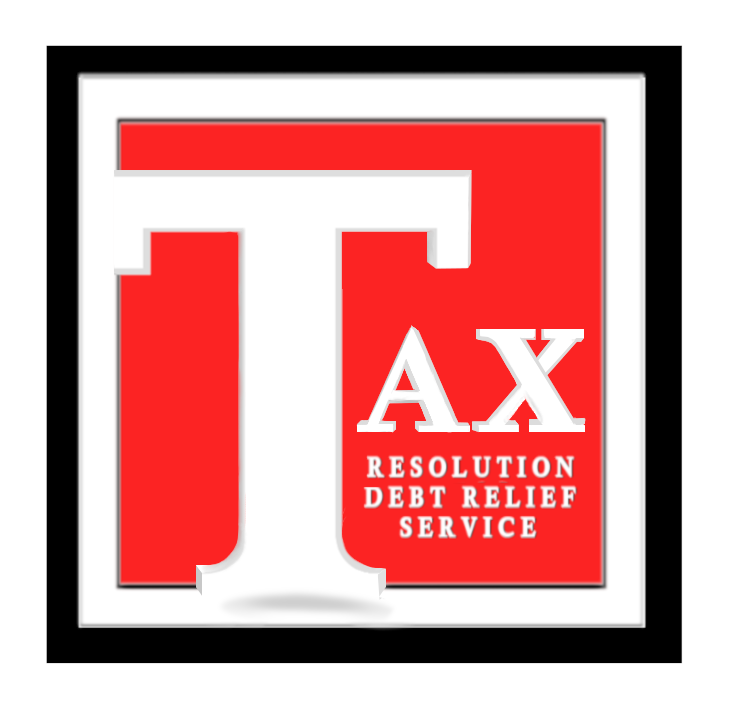TAX LIENS & LEVIES & GARNISHMENTS
Levy and a Lien?
A federal tax lien is the government’s legal claim against your property when you neglect or fail to pay a tax debt. The lien protects the government’s interest in all your property, including real estate, personal property and financial assets. A federal tax lien exists after:
The IRS:
- Puts your balance due on the books (assesses your liability);
- Sends you a bill that explains how much you owe (Notice and Demand for Payment); and
You:
- Neglect or refuse to fully pay the debt in time.
The IRS files a public document, the Notice of Federal Tax Lien, to alert creditors that the government has a legal right to your property. For more information, refer to Publication 594, The IRS Collection Process.
How to Get Rid of a Lien
Paying your tax debt – in full – is the best way to get rid of a federal tax lien. The IRS releases your lien within 30 days after you have paid your tax debt.
When conditions are in the best interest of both the government and the taxpayer, other options for reducing the impact of a lien exist.
How a Lien Affects You
- Assets — A lien attaches to all of your assets (such as property, securities, vehicles) and to future assets acquired during the duration of the lien.
- Credit — Once the IRS files a Notice of Federal Tax Lien, it may limit your ability to get credit.
- Business — The lien attaches to all business property and to all rights to business property, including accounts receivable.
- Bankruptcy — If you file for bankruptcy, your tax debt, lien, and Notice of Federal Tax Lien may continue after the bankruptcy.
Avoid a Lien
You can avoid a federal tax lien by simply filing and paying all your taxes in full and on time. If you can’t file or pay on time, don’t ignore the letters or correspondence you get from the IRS. If you can’t pay the full amount you owe, payment options are available to help you settle your tax debt over time.
Lien vs. Levy
A lien is not a levy. A lien secures the government’s interest in your property when you don’t pay your tax debt. A levy actually takes the property to pay the tax debt. If you don’t pay or make arrangements to settle your tax debt, the IRS can levy, seize and sell any type of real or personal property that you own or have an interest in.
Garnishments
A Garnishment iit is a legal process for collecting a monetary judgment on behalf of a plaintiff from a defendant. Garnishment allows the plaintiff (the “garnishor”) to take the money or property of the debtor from the person or institution that holds that property (the “garnishee”). A similar legal mechanism called execution allows the seizure of money or property held directly by the debtor.
Some jurisdictions may allow for garnishment by a tax agency without the need to first obtain a judgment or other court order.
SOURCES: https://www.irs.gov/businesses/small-businesses-self-employed/understanding-a-federal-tax-lien

